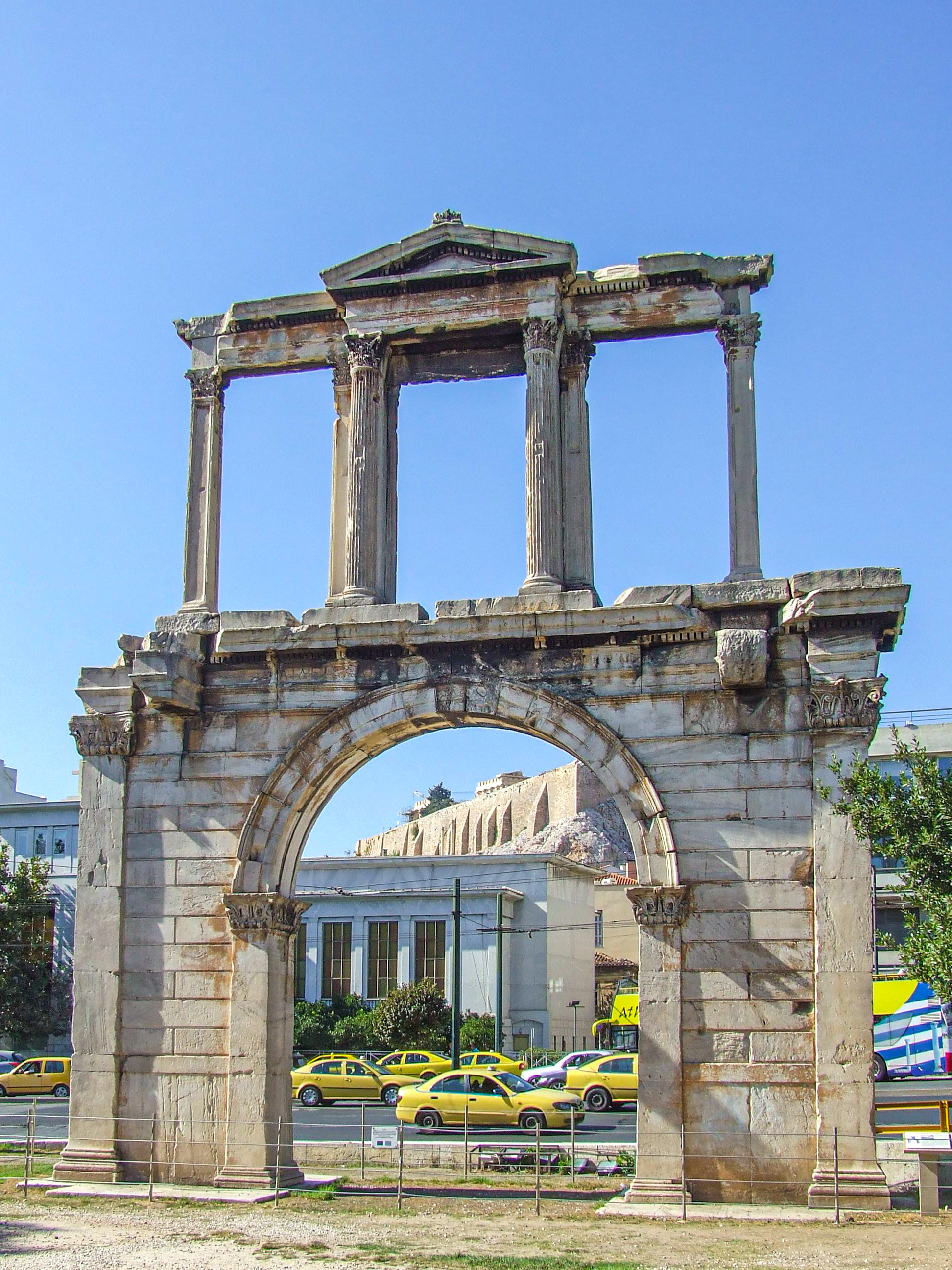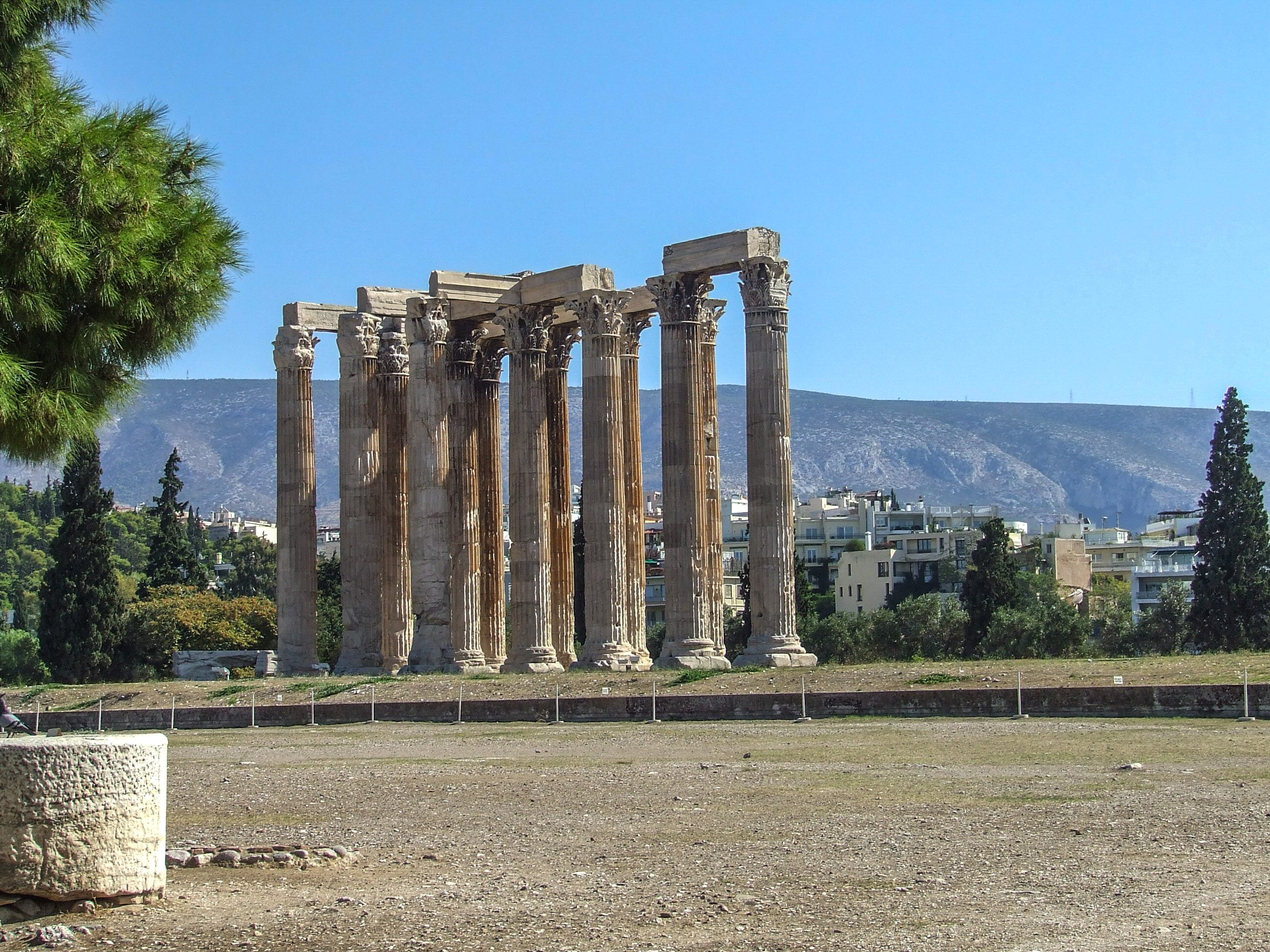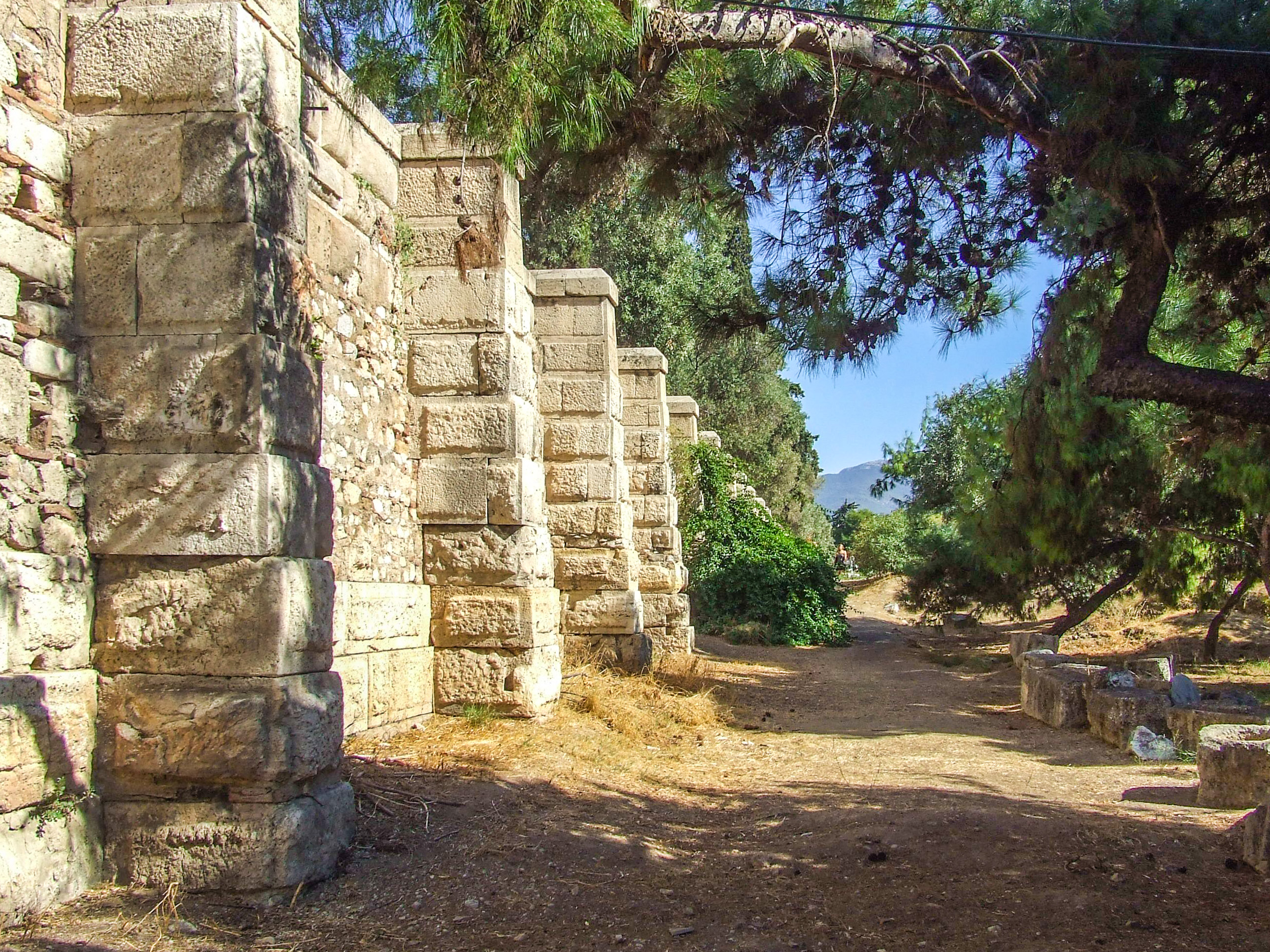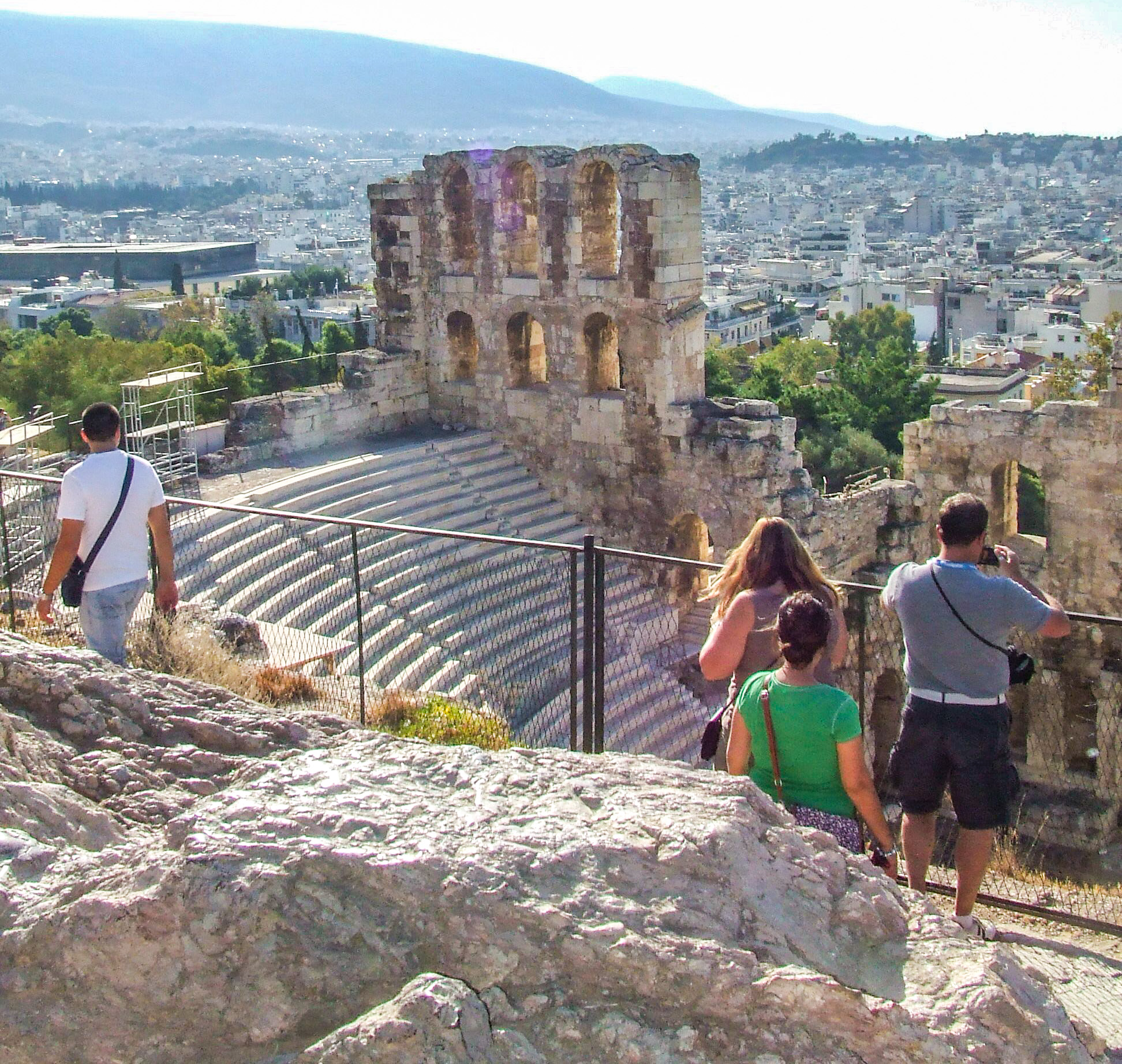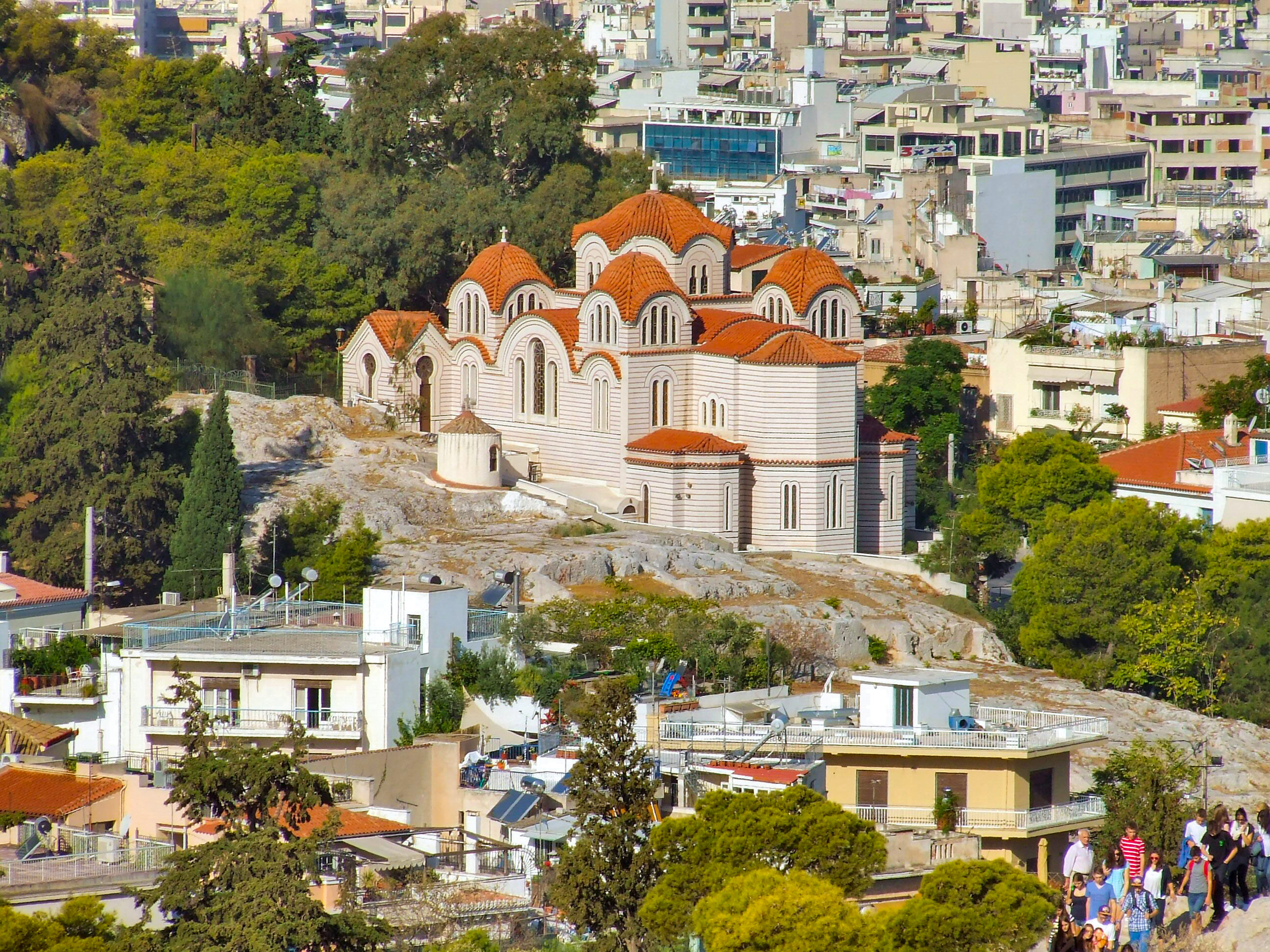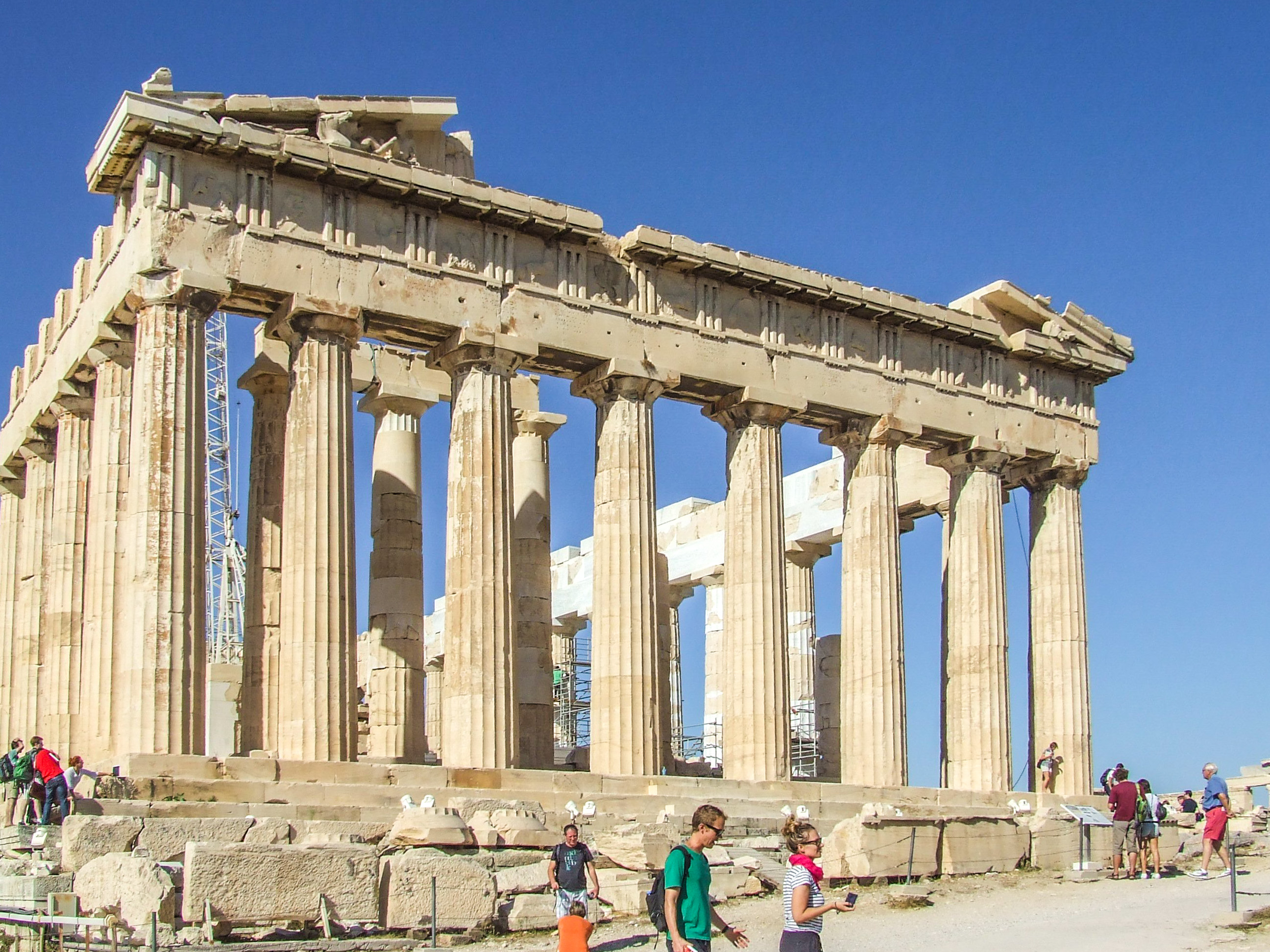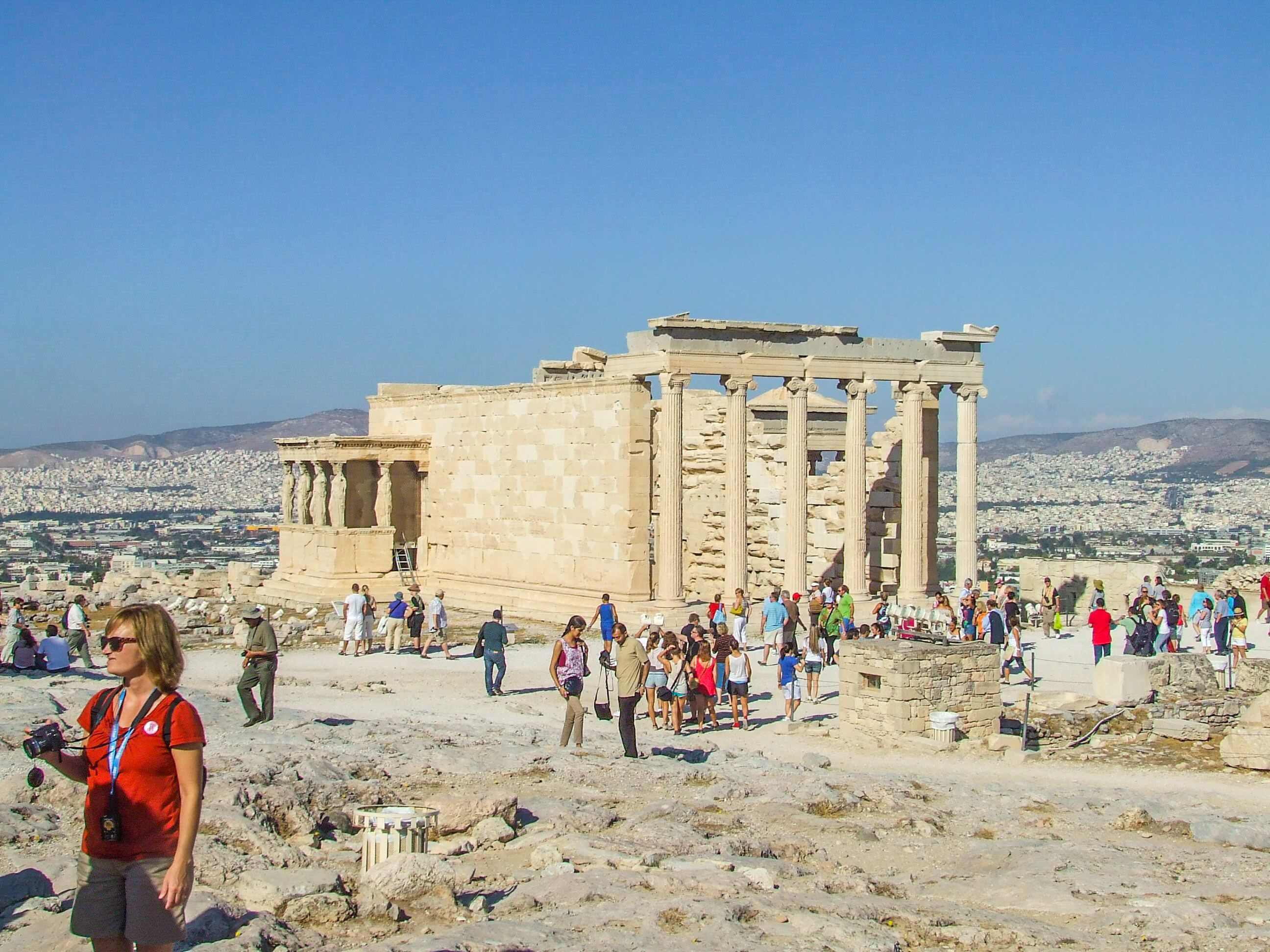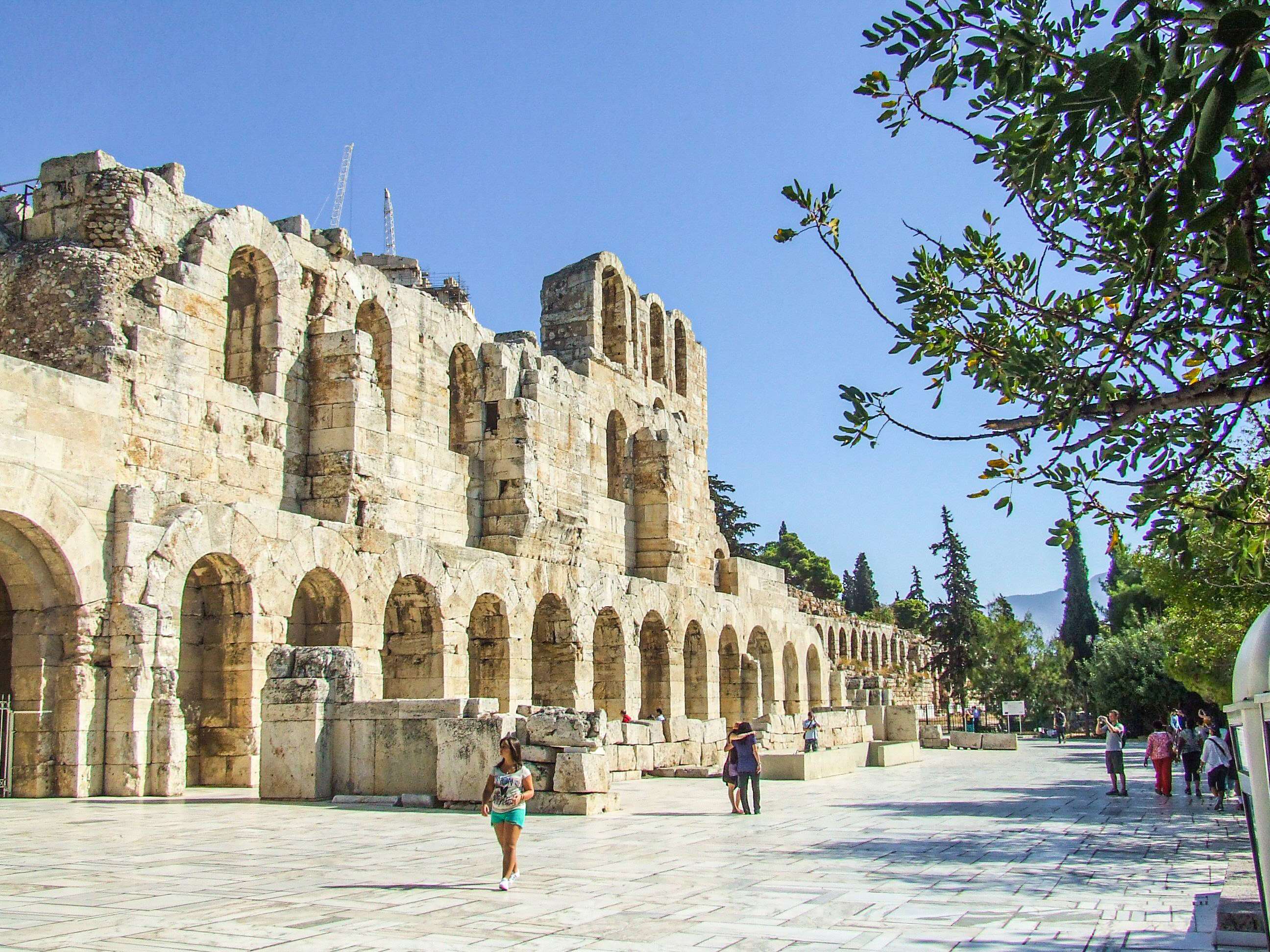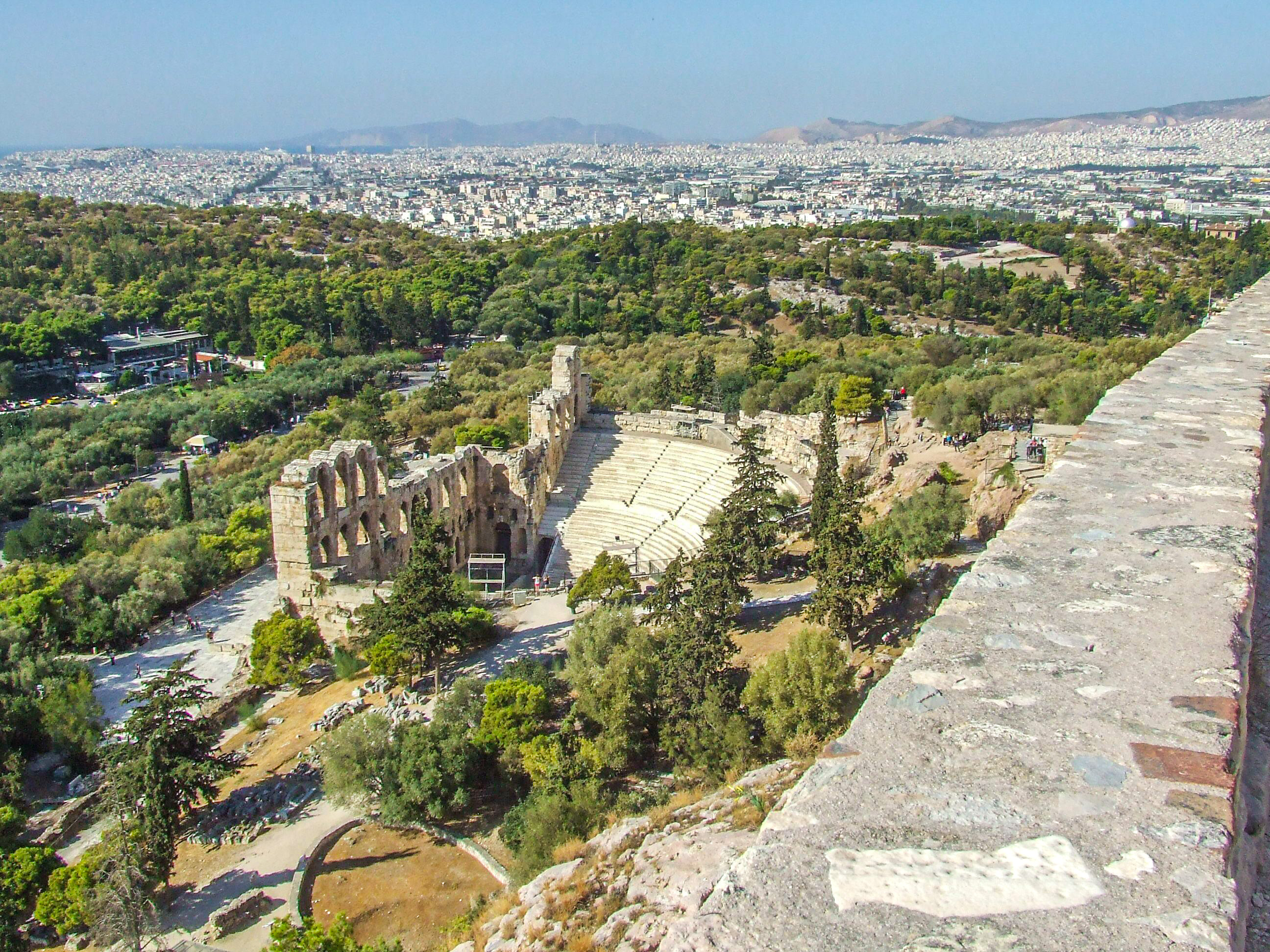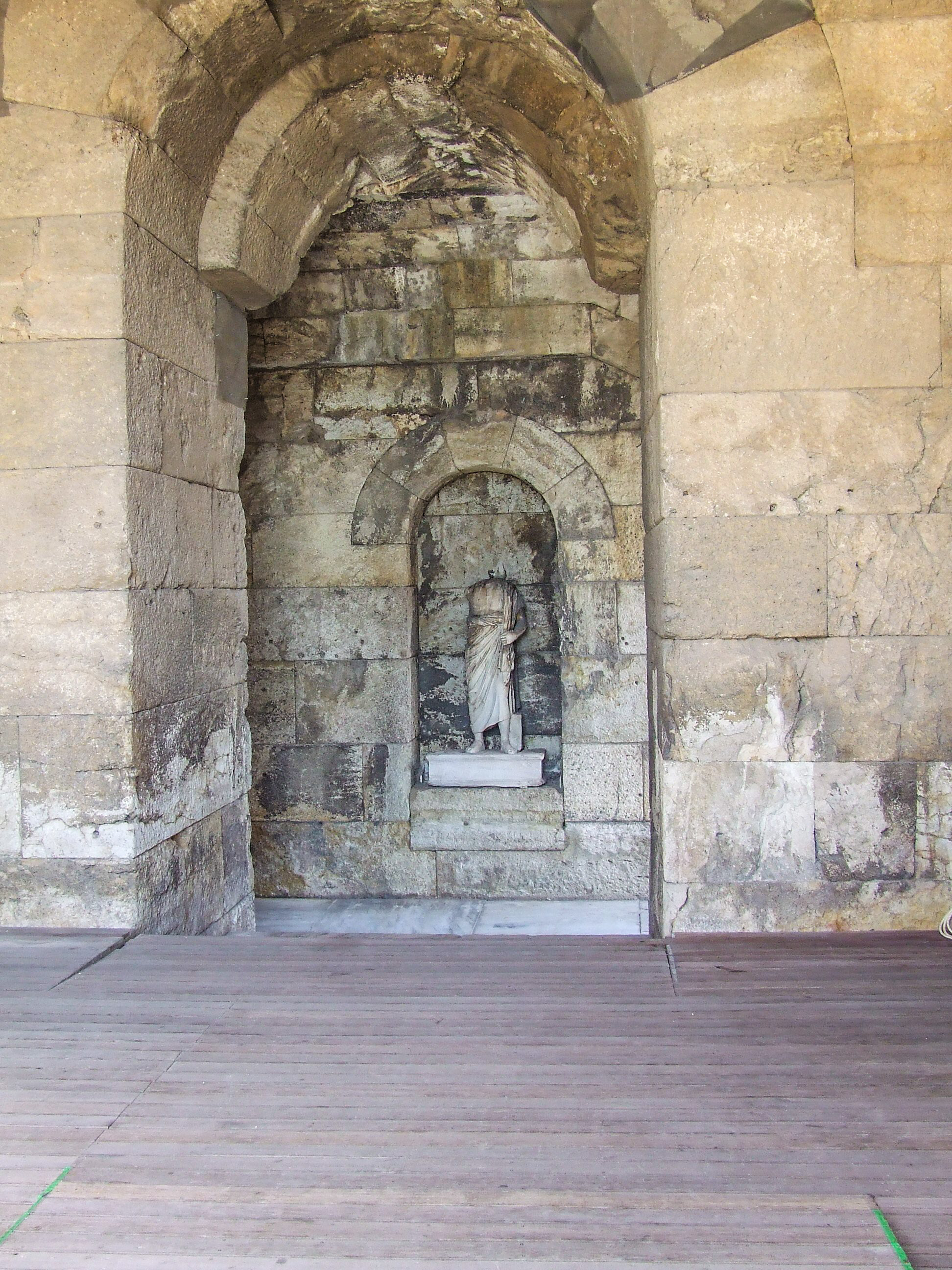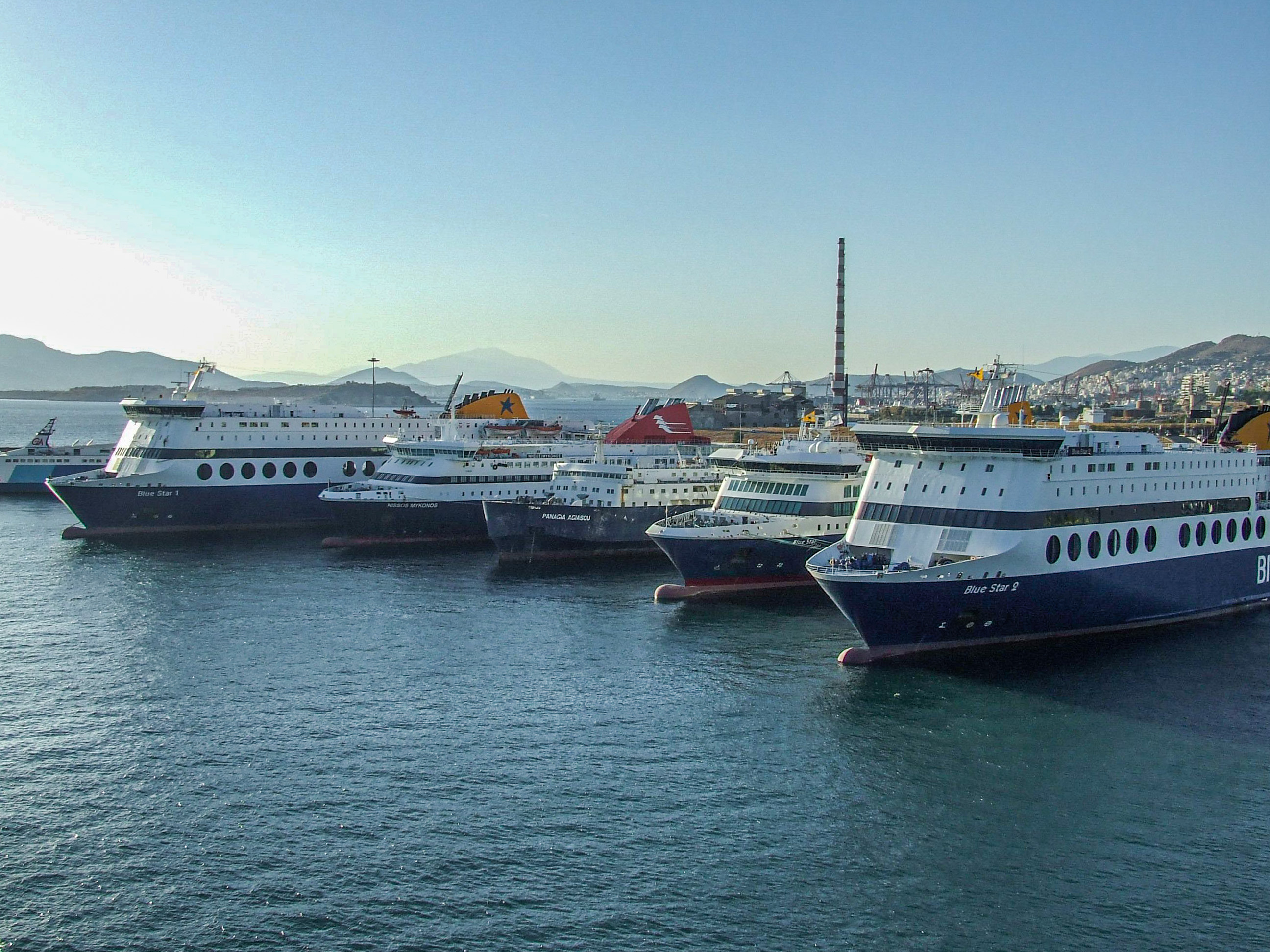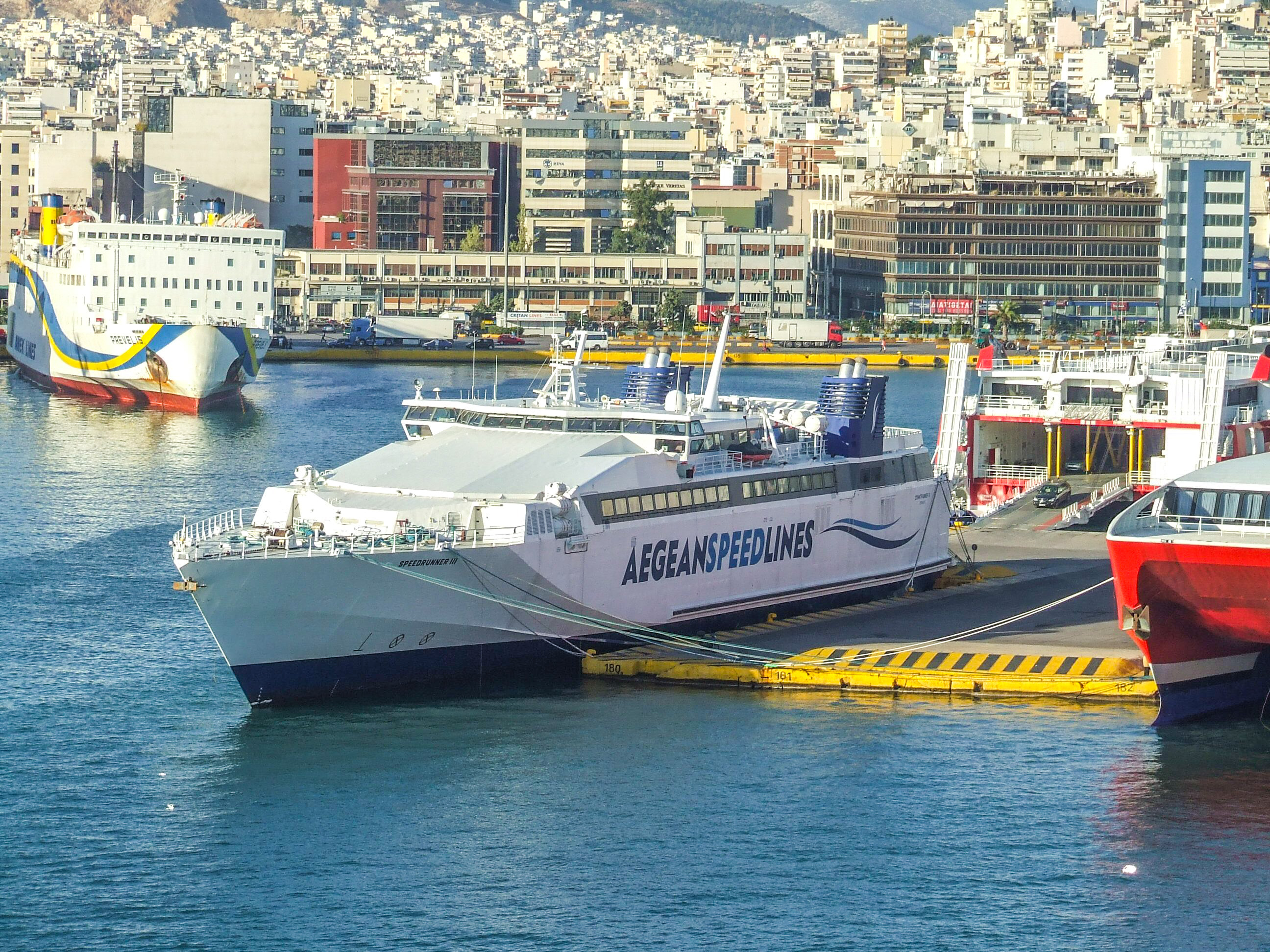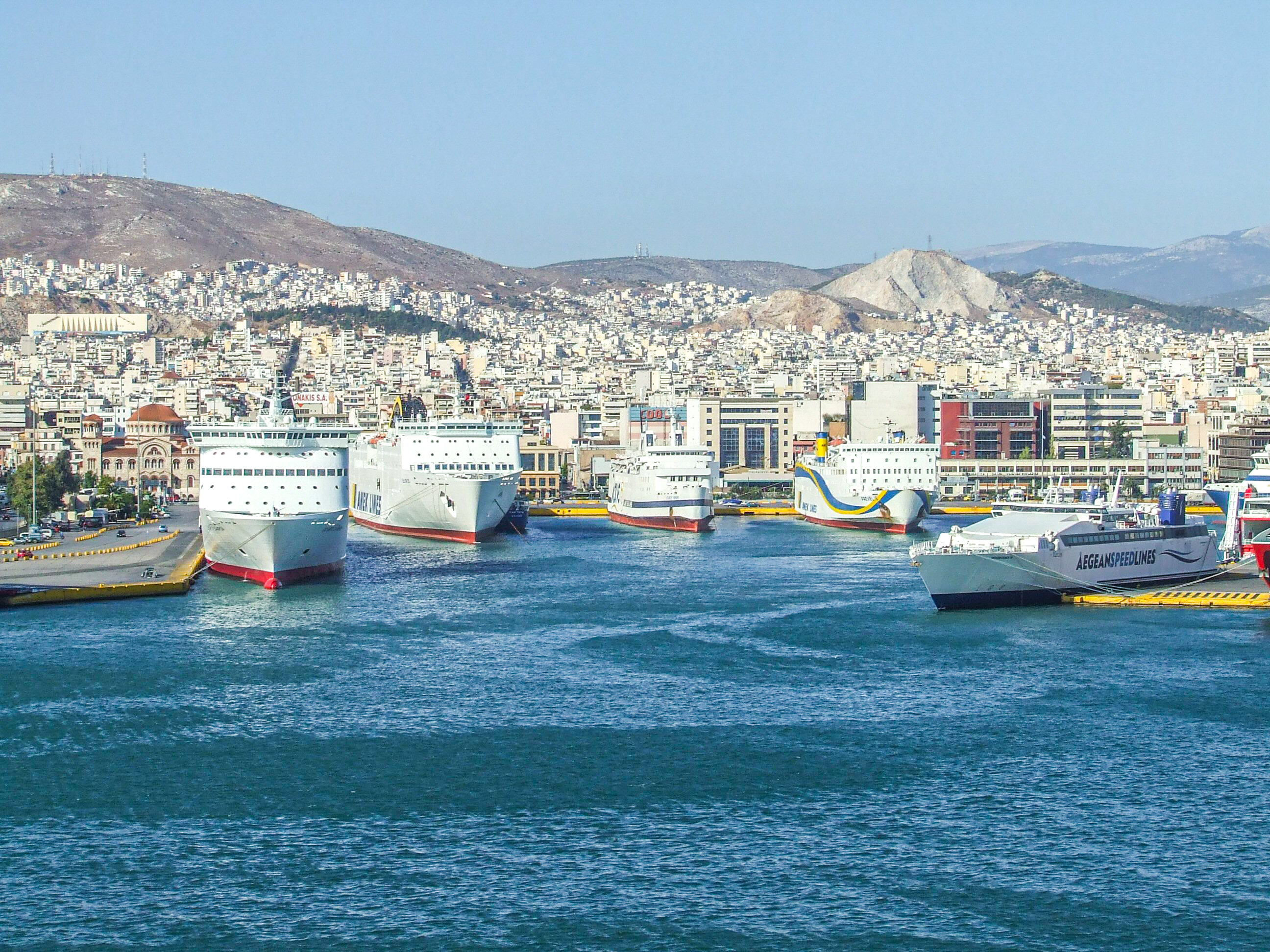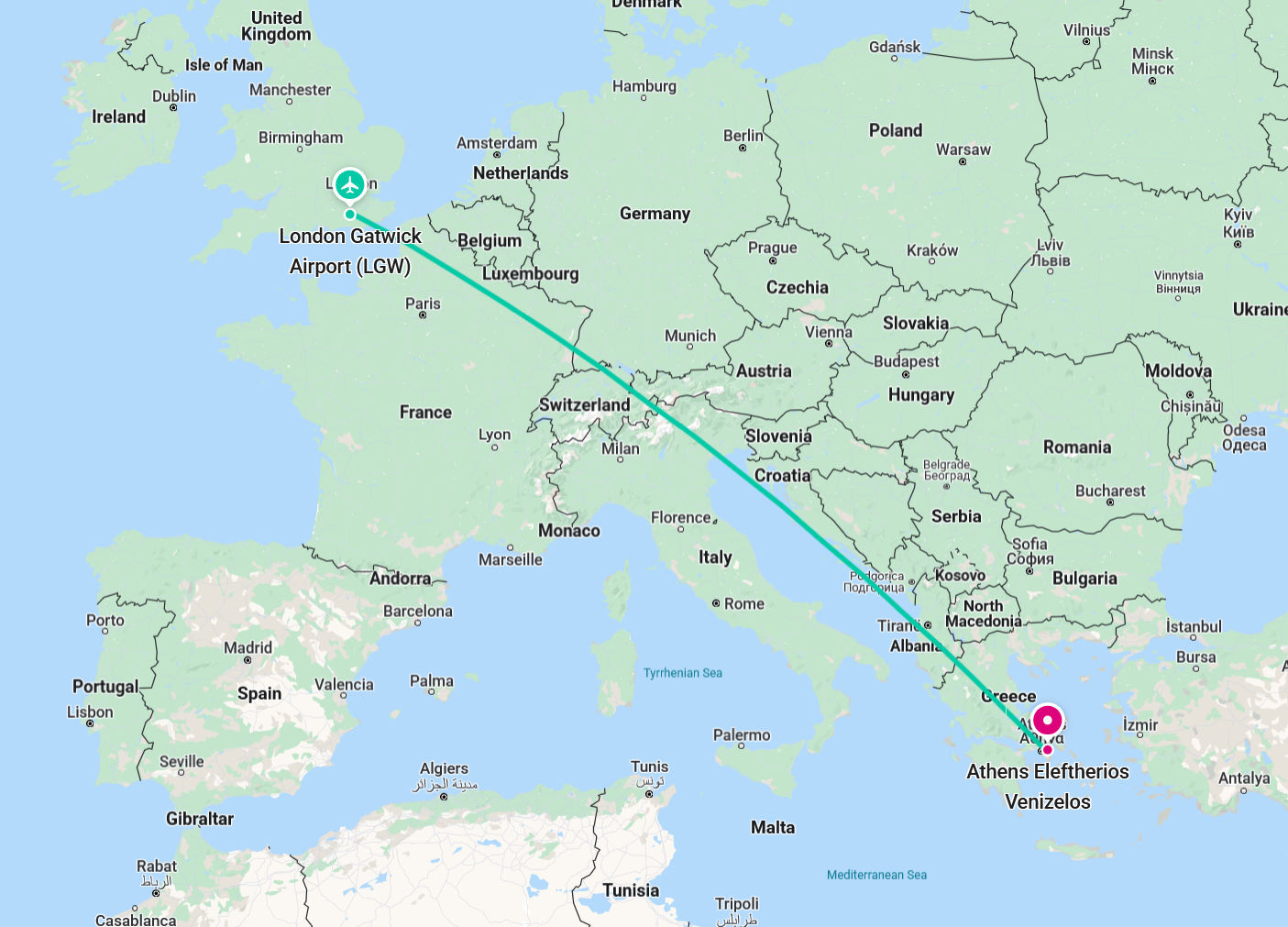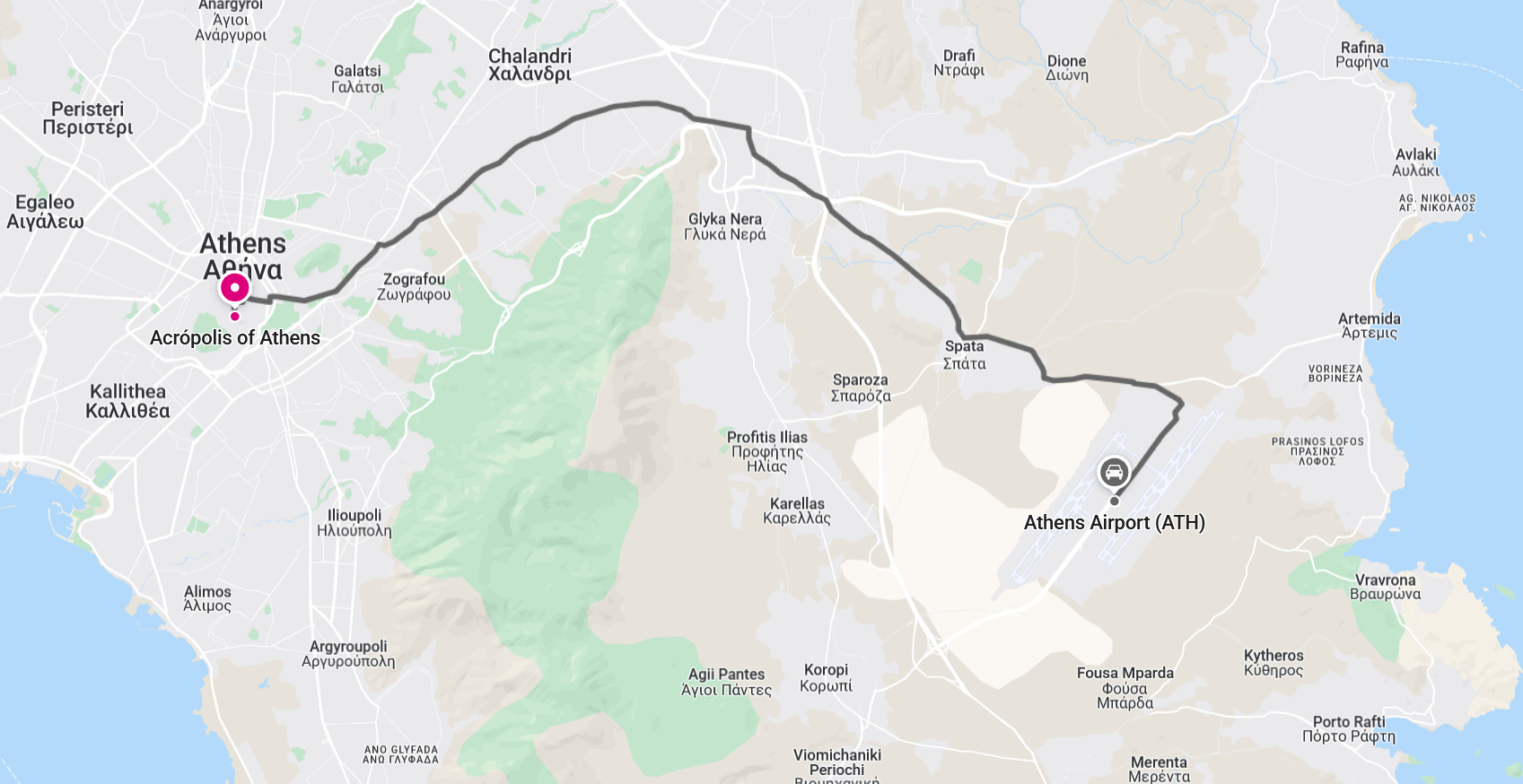Athens is the capital and largest city of Greece, renowned as the cradle of Western civilization and the birthplace of democracy. With a history spanning over 3,400 years, it blends ancient heritage with vibrant modern life.
Founded in prehistoric times, Athens has been continuously inhabited since the 11th millennium BC. It rose to prominence in the 5th century BC under leaders like Pericles, becoming a center for philosophy, arts, and politics. Home to legendary figures such as Socrates, Plato, and Aristotle, Athens shaped the foundations of Western thought.
Today, Athens is a bustling metropolis with a population of over 3.8 million in its metropolitan area.
Acropolis of Athens: A UNESCO World Heritage Site featuring the Parthenon and other ancient temples.
